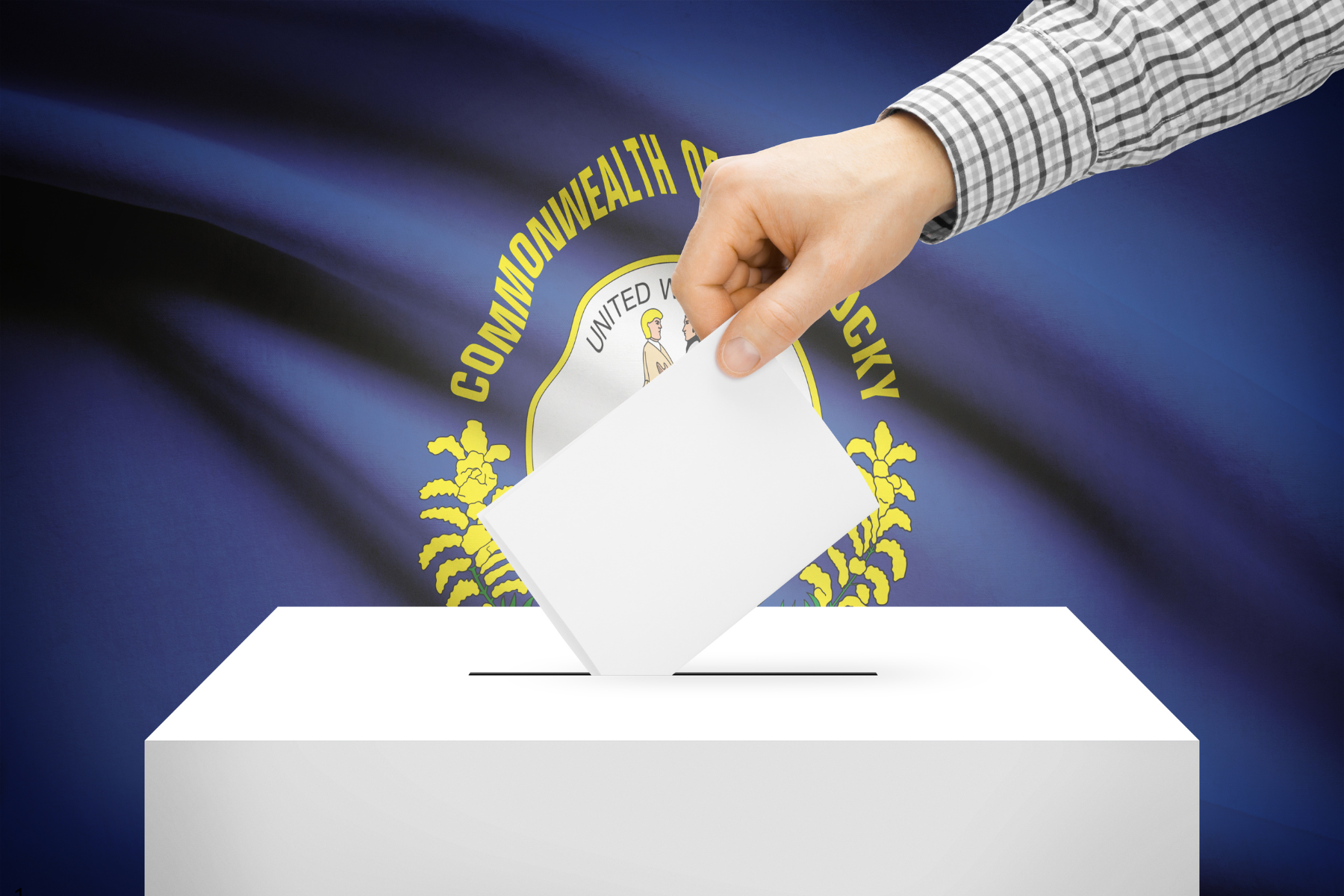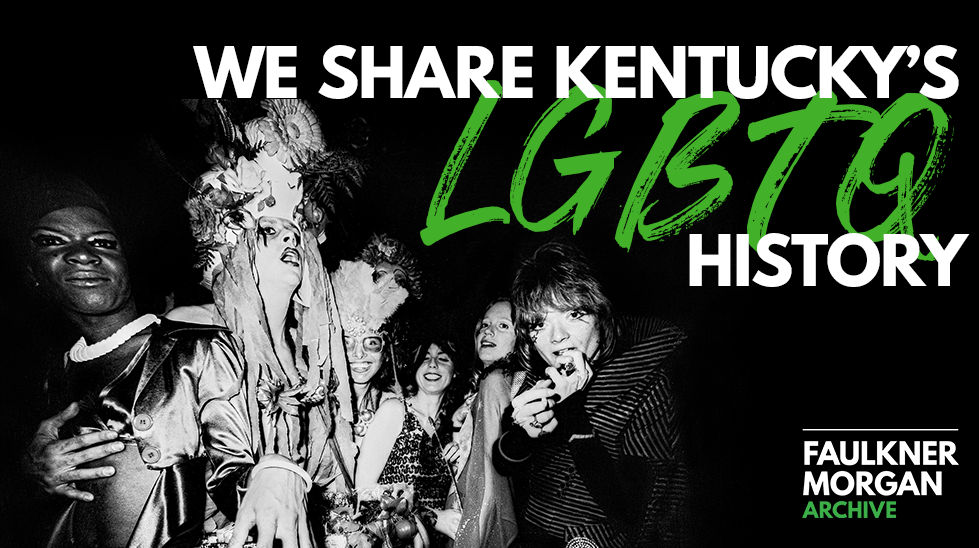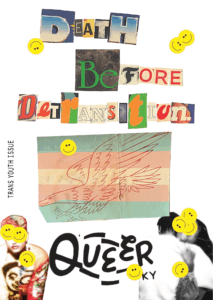Our People Our Vote, making voting accessible to Kentucky’s most impacted
With the heated political climate for LGBTQ+ Kentuckians, there have been many responses from communities across the state– from anger, to hope, to exhaustion.
In 2023, in response to the first legislative session with a slate of anti-LGBTQ+ bills, young Kentuckians rallied in the hundreds at the state capital to fight SB 150. In 2024, after the second legislative session with more anti-LGBTQ+ bills, many students were left feeling immobilized, defeated, and afraid.
Kentucky’s LGBTQ+ youth are not alone. According to a PEW Research Study, 65% of Americans often feel exhausted when thinking of politics – more than anger, hope, or excitement.
But for those most marginalized and therefore most impacted by political decisions, exhaustion cannot be afforded. Still, it can be hard to get involved or know how to take action.
Candidates and political parties calculate how many people they can reach through text banking, phone banking, and doorknocking. Both sides decide who they will talk to and who they will not talk to, oftentimes discarding those most impacted.
The Kentucky Civic Engagement Table (KCET) is reaching those who are systematically left out of the political process, and they are working with the Fairness Campaign to ensure LGBTQ+ Kentuckians are among that group. This program, Our People Our Vote (OPOV), is targeting 450,000 voters, also including Black Kentuckians, formerly incarcerated Kentuckians, Kentuckians under 30 years old, and Kentuckians in systematic low turnout precincts and counties.
KCET is the largest grassroots infrastructure in Kentucky, with thirty-two partner organizations representing all regions of the state. When a KCET data analysis revealed that there are nearly one million voting-eligible Kentuckians who are either not registered to vote or who are not consistently voting, KCET launched Our People Our Vote.
Cody Pruitt is the Field Director at KCET. He says that canvassing, the electoral word for door knocking, is often in the “nitty gritty” of supporting people to vote. People need information around when and where they can vote or whether or not they need a specific kind of ID, especially with changing precincts and election laws.
Also, while voting rights were restored for people who have been convicted of a felony via Governor Andy Beshear’s 2019 Executive Order, Pruitt says a high percentage of those impacted do not know they are able to vote.
Given that KCET and therefore OPOV do not advocate for any candidates, this outreach is centered around increasing voter turnout through education, conversation, and advocacy at the polls.
“Canvassing is not transactional,” says Pruitt. He continues, “Many voters feel left behind, and that is why they do not engage in the process by voting.” Pruitt recognizes many people feel discarded by the political system, and voters need to be listened to in those conversations in order to feel supported to engage in the process.
The value of this program is not in supporting candidates or winning an election. For Pruitt, the OPOV program ensures that “we have more time to organize with people” around issues that impact them in their day to day lives.
KCET is able to recruit specific partners for OPOV. Working with organizations sharing similar values allows for coordination around voter contact, base building, mutual aid, and other engagement. This has allowed KCET to work with organizations already contacting voters, as well as to recruit other organizations with similar goals to start doing voter contact work.
Kentucky’s leading LGBTQ+ advocacy group, the Fairness Campaign, joined as a partner to be the “primary anchor for LGBTQ+ organizing,” says Pruitt.
Alexander Griggs is the Community Outreach Coordinator at the Fairness Campaign. They will be hiring canvassers in October to do direct voter contact for the election, with an emphasized effort to reach their LGBTQ+ base.
Griggs is working with other local base building organizations like Vocal-KY in order to “broaden efforts.” This allows them to reach a variety of voters, including low income people directly impacted by HIV/AIDS, the drug war, mass incarceration, and homelessness.
All of the anti-LGBTQ+ legislation can be “disheartening,” Griggs says. He understands how it can feel like voting doesn’t matter when the “conservative right keeps strong-arming legislation.”
But, they say that this is “all the more reason for us to band together.” Griggs continues, “We must take advantage of the strategies and tactics we do have, including voting.”
Griggs recalls the rally at the capital in response to SB 150 during the 2023 legislative session. He says, “How many people came out literally shook the building. If we use our voices together, we can make a difference.”
For Griggs, the people attacking LGBTQ+ Kentuckians see us as vulnerable. He says that in numbers, we might be. But, “In strength, adversity, and resilience, we are stronger.”












